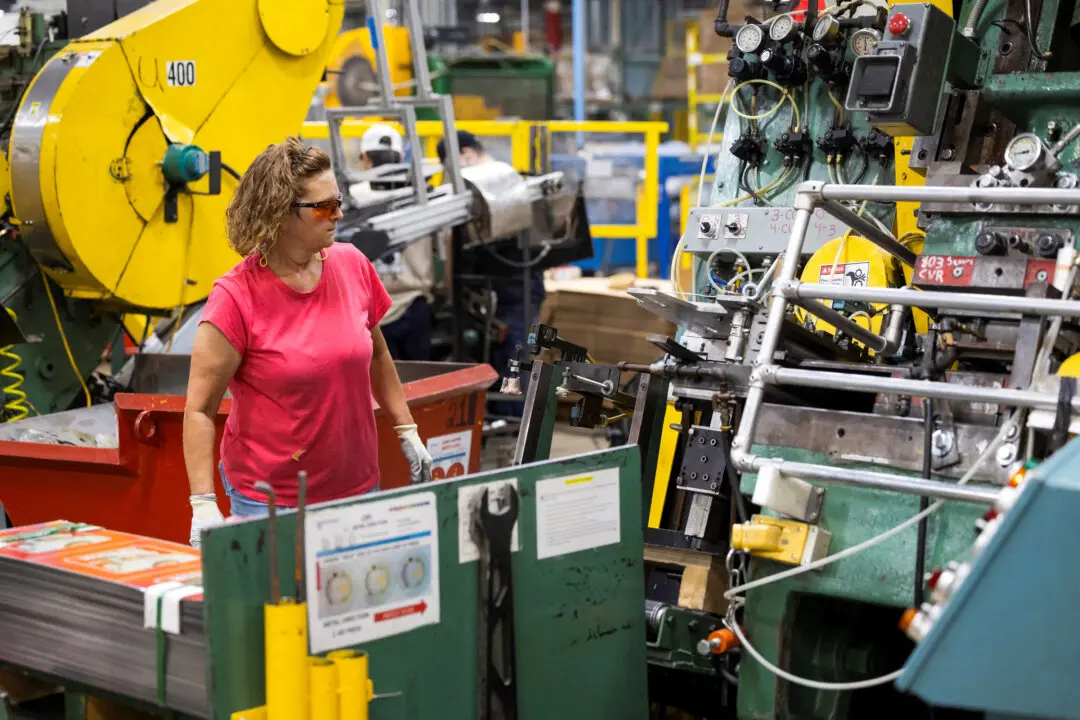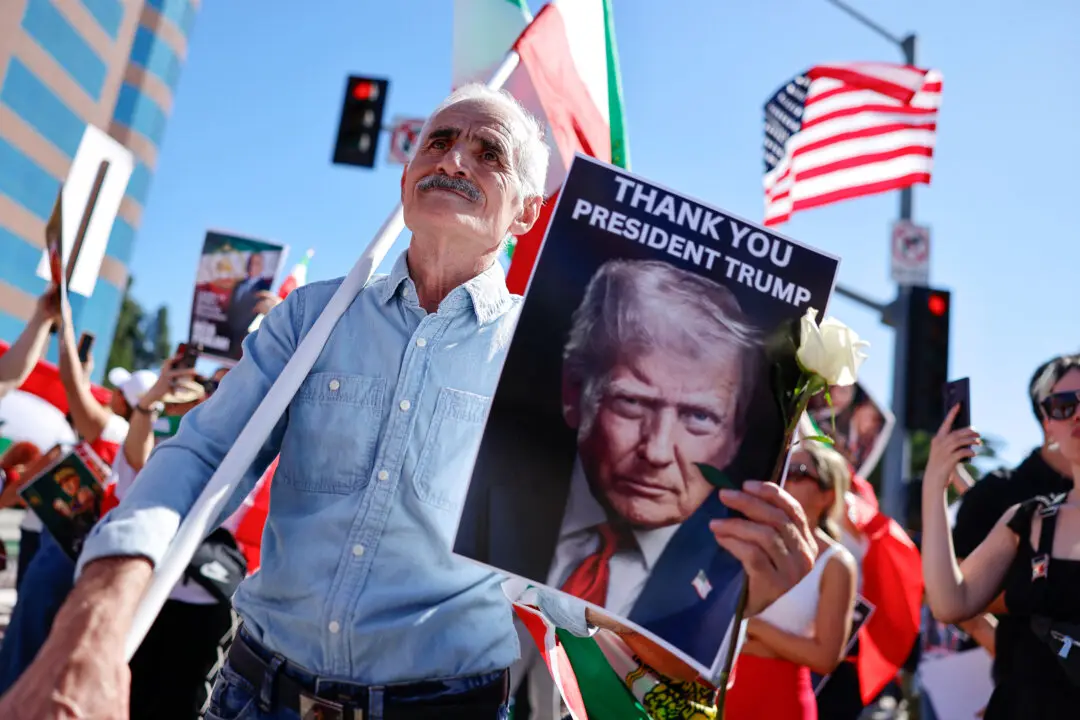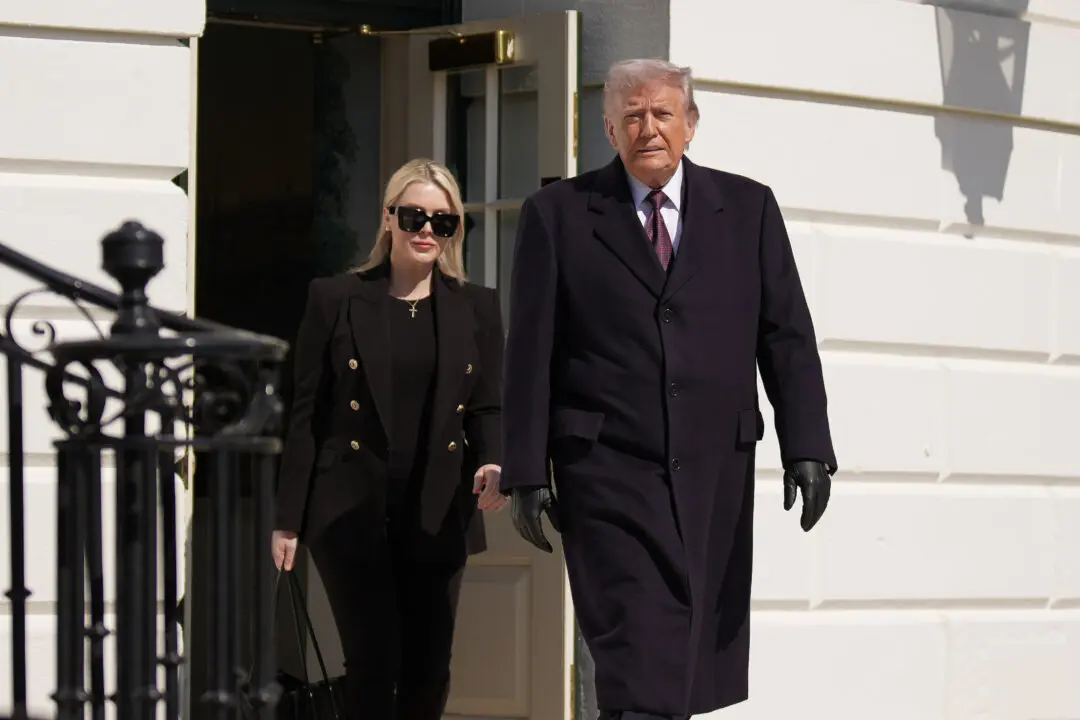WASHINGTON—Globalists await President Joe Biden’s reset on U.S. trade policy, although deep-seated problems and lack of consensus among allies are likely to create a significant hurdle for the new administration in fixing the global trading system that has failed to contain non-market economies such as China.
Biden has promised to take a more multilateral approach in dealing with trade issues, and he is expected to radically change U.S. policies toward the World Trade Organization (WTO).





